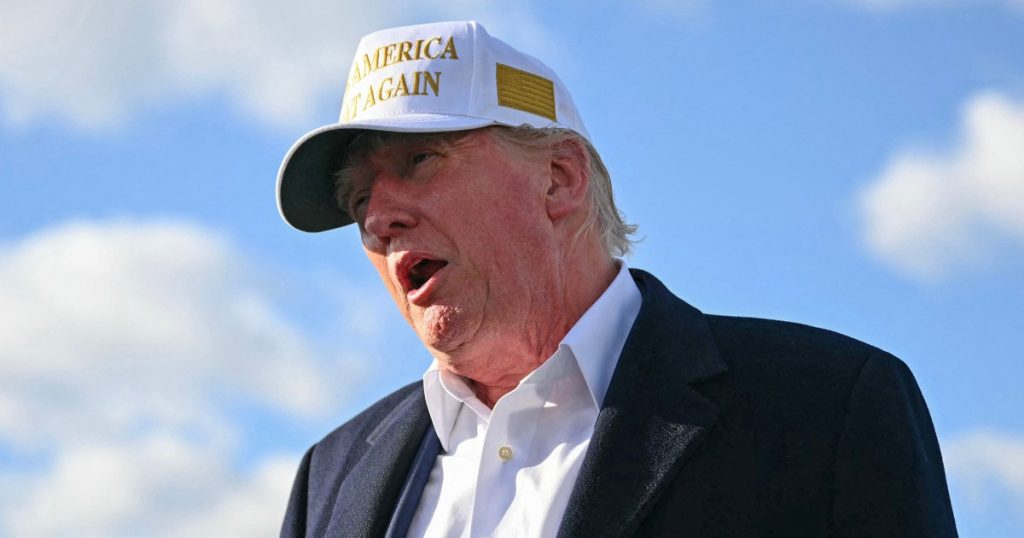Trump’s tariffs on imported vehicles and auto parts will not be ‘stacked’ with aluminum and steel tariffs, meaning automakers won’t pay tariffs on the cars, auto parts and, on top of that, the metals used to make them, a White House official confirmed to NBC News.
Automakers will be reimbursed for the cost of some of the tariffs on imported parts, up to 3.75% of the value of a new car in the first year, but the measure will be phased out over two years. It’s unclear how auto manufacturers will be reimbursed.
The 25% tariff on automobiles and car parts won’t change, so the cost of imported cars and auto parts is still expected to rise significantly and increase the cost of car repairs and insurance premiums.
The New York Times first reported the details of the administration’s measures to ease the impact of auto tariffs.
A White House official said the measure reflects the level of cooperation between administration and auto industry. The auto companies are investing in the United States, so they’re getting some runway to make the transition to the new tariffs regime, similar to what was allowed for the semiconductor industry with its expanded electronics exemption.
“President Trump is building an important partnership with both the domestic automakers and our great American workers,” Commerce Secretary Howard Lutnick said in a statement. “This deal is a major victory for the President’s trade policy by rewarding companies who manufacture domestically, while providing runway to manufacturers who have expressed their commitment to invest in America and expand their domestic manufacturing.”
General Motors Chair and CEO Mary Barra said in a statement that the company is grateful to Trump for the move
“We believe the President’s leadership is helping level the playing field for companies like GM and allowing us to invest even more in the U.S. economy,” she said.
Ford Motor Co. CEO Jim Farley said in a statement that the company “welcomes and appreciates these decisions by President Trump, which will help mitigate the impact of tariffs on automakers, suppliers and consumers.


